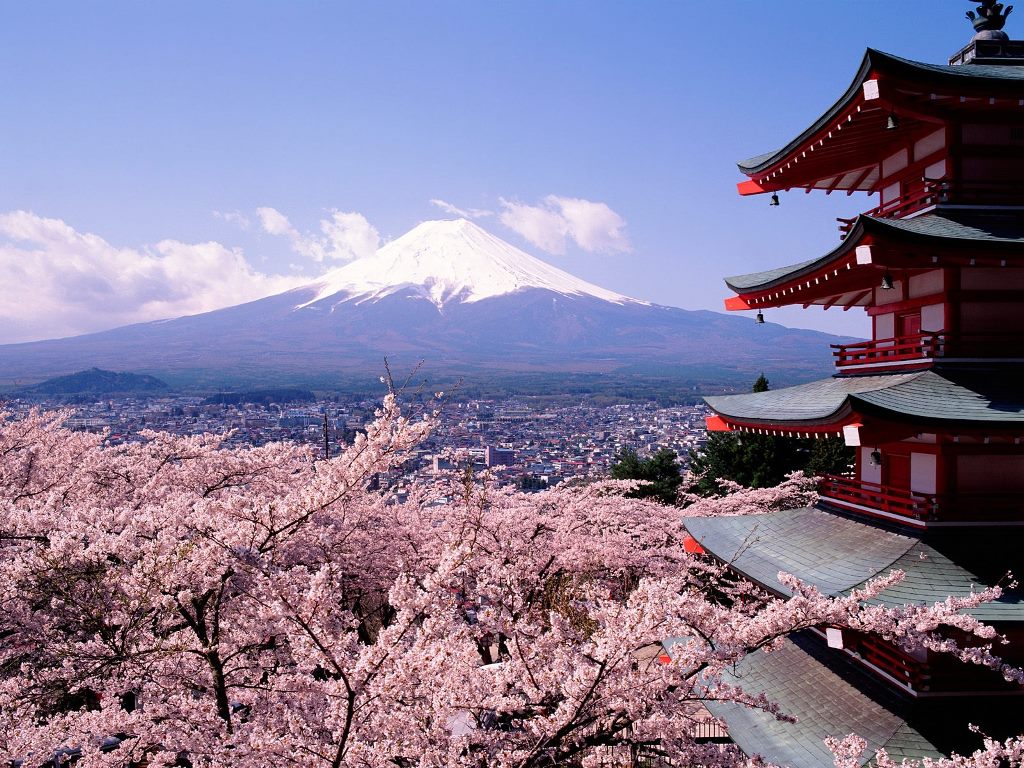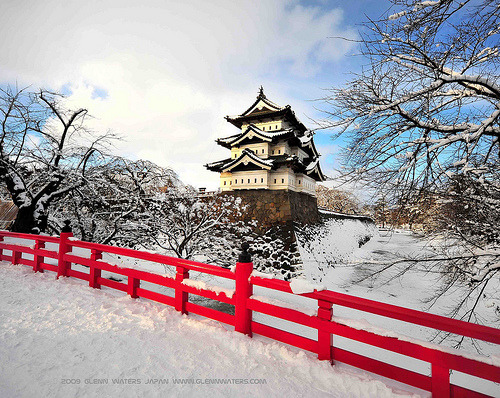Sentence structure
The basic Japanese word order is Subject Object Verb. Subject, Object, and other grammatical relations are usually marked by particles, which are suffixed to the words that they modify, and are thus properly called postpositions.
The basic sentence structure is topic-comment. For example, Kochira-wa Tanaka-san desu (こちらは田中さんです). Kochira ("this") is the topic of the sentence, indicated by the particle -wa. The verb is desu, a copula, commonly translated as "to be" or "it is" (though there are other verbs that can be translated as "to be"). As a phrase, Tanaka-san desu is the comment. This sentence loosely translates to "As for this person, (it) is Mr./Mrs./Miss Tanaka." Thus Japanese, like Chinese, Korean, and many other Asian languages, is often called a topic-prominent language, which means it has a strong tendency to indicate the topic separately from the subject, and the two do not always coincide. The sentence Zō-wa hana-ga nagai (desu) (象は鼻が長いです) literally means, "As for elephants, (their) noses are long". The topic is zō "elephant", and the subject is hana "nose
BASIC WORD ORDER
The sentence order is very different from English. In English we use Subject-Verb-Object (SVO) but in Japanese it is usually Subject-Object-Verb (SOV). look at example below
English - I drink coffee (S - V - O)
Japanese - 私は コーヒ を 飲みます(watashi ha kohi o nomimasu) (S - O - V)
Make Question ?
when make question in japanese, you just add ka (か) in end of sentence, see example below :
雪さんはりんごがすきですか? yukisan ha ringo ga suki desuka? - mrs.yuki do you like apple ?
田端さん、パンを食べますか?tabatasan ha pan wo tabemasuka? mr. tabata dou you eat bread ?
いつ 帰りますか?itsu kaerimasuka - when go home ?
この かばん は いくらですか?kono kanban ha ikura desuka?- how much this bag ?
今、何時ですか?ima, nanji desuka - now what time is it ?
remember:
1.ha it spell with wa when it's became particle in sentence
2. particle かka is added to the end of statements
3. Word order is not changed as in English
4. In Japanese (see right example) the ? (Question mark) is not required (optional)
5. Just like in English, the last syllable goes up in intonation
6. In spoken Japanese sometimes the ka can be dropped if you have the upwards
intonation at the end. But for now, let's stick to using the ka









